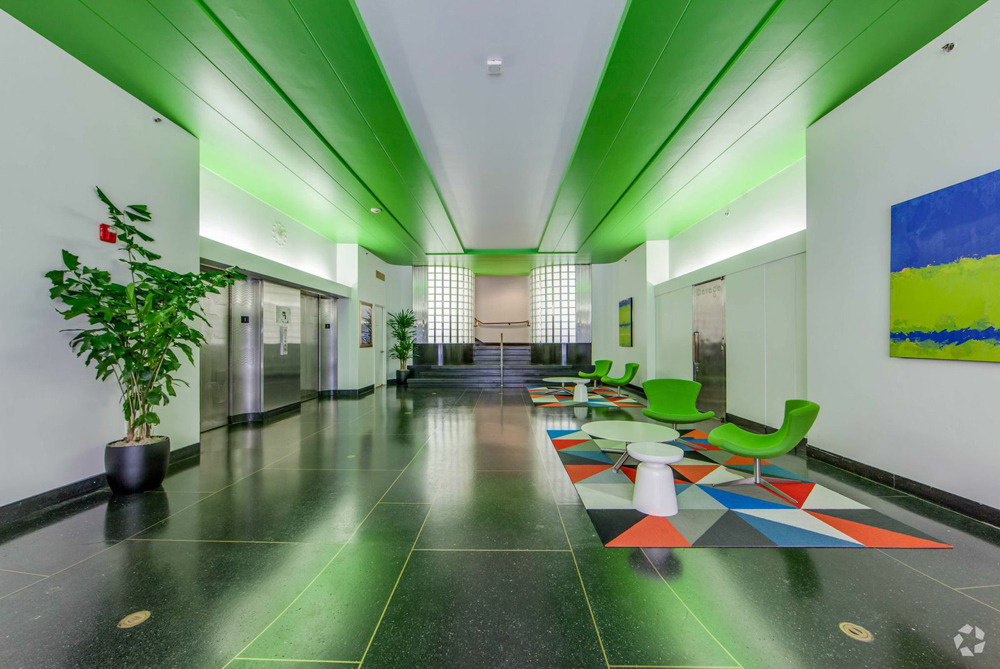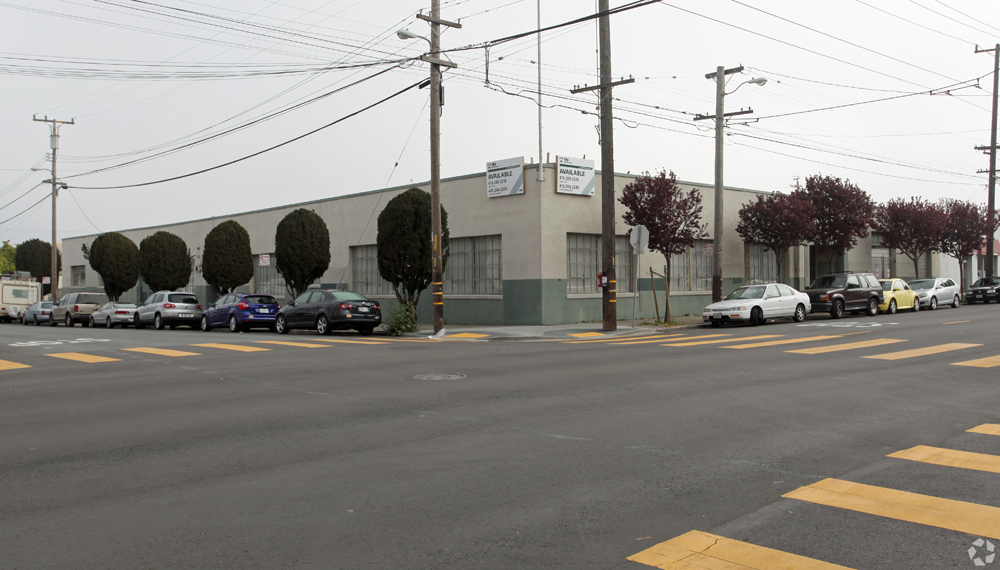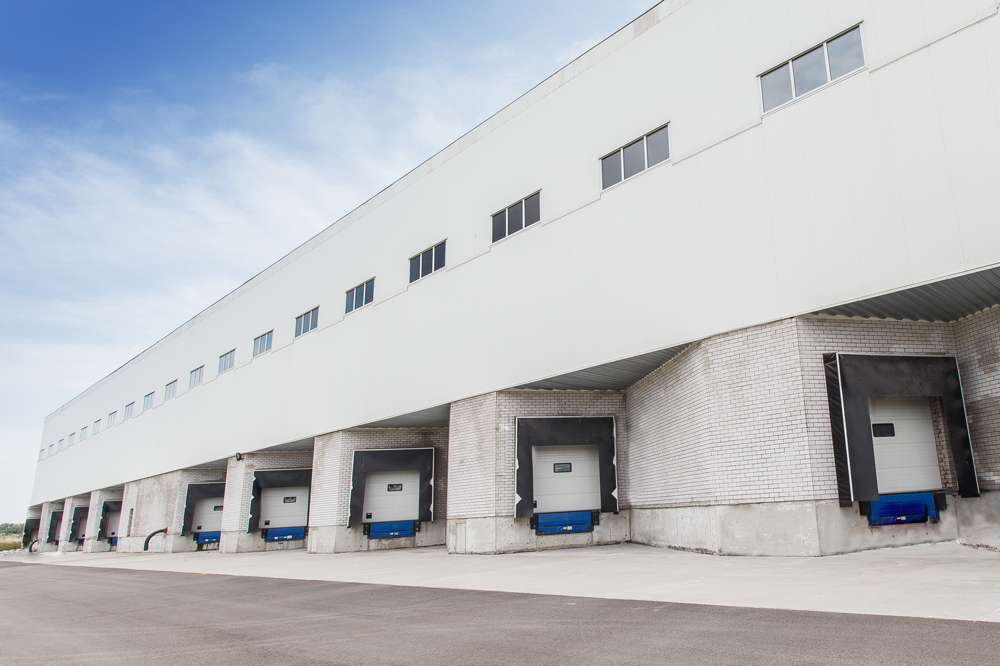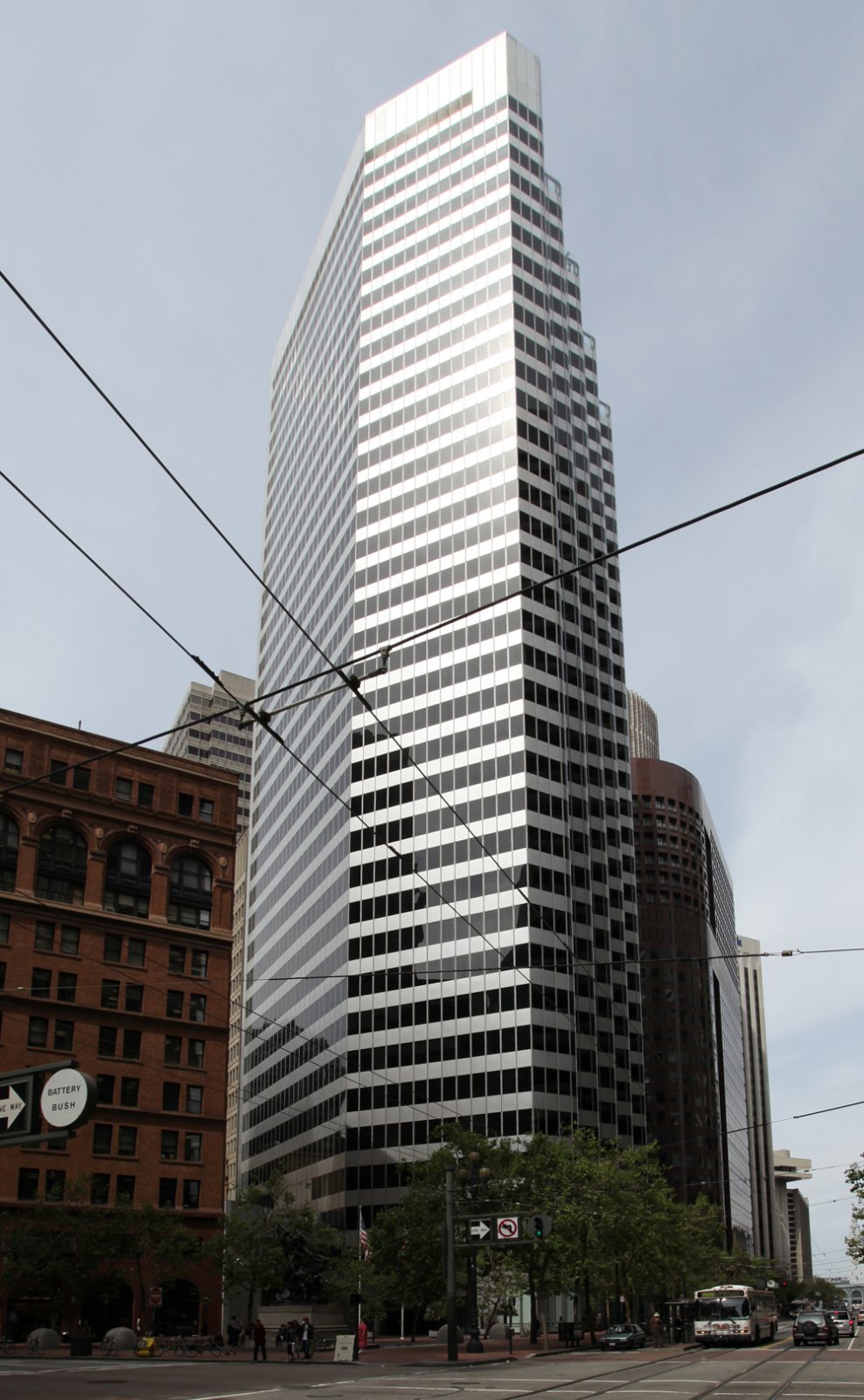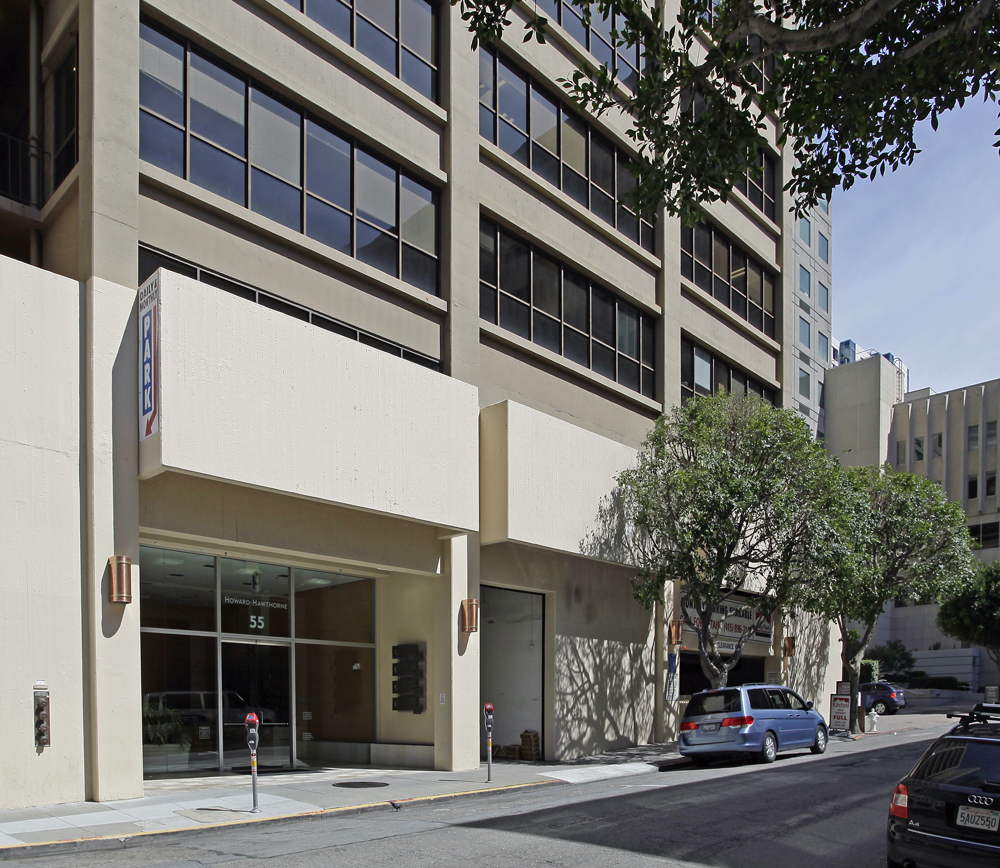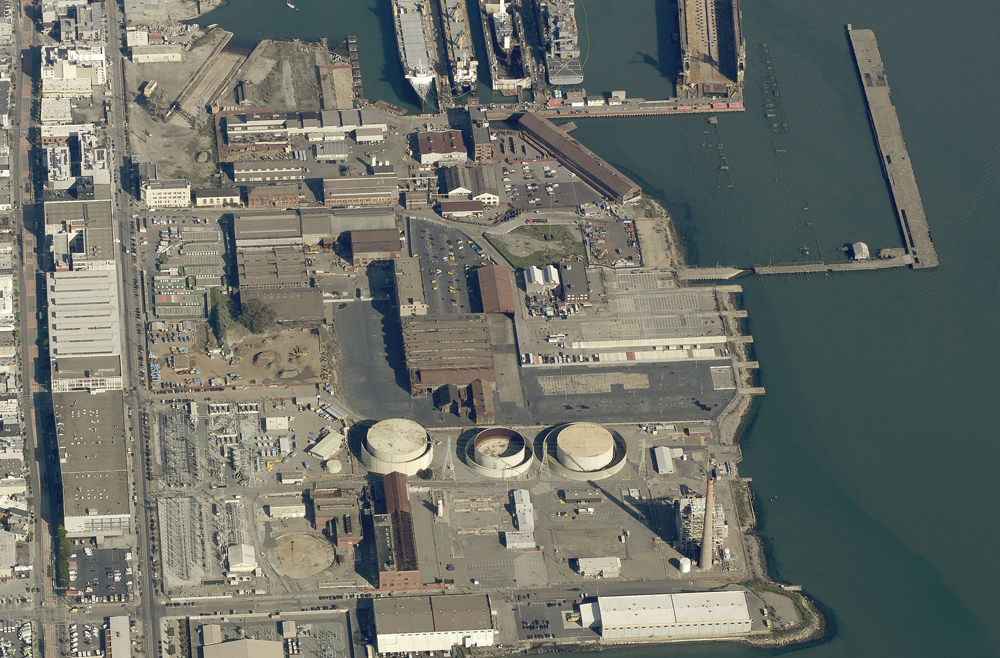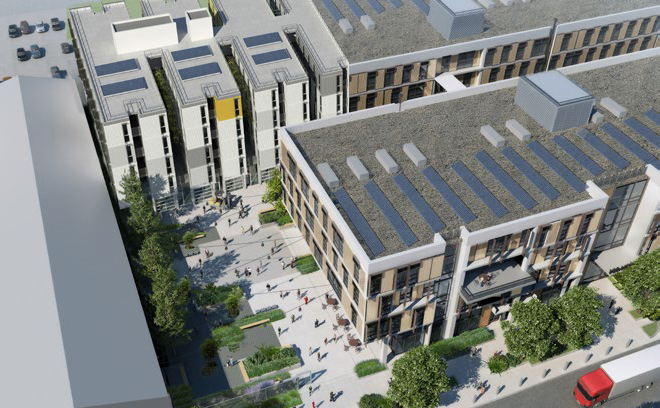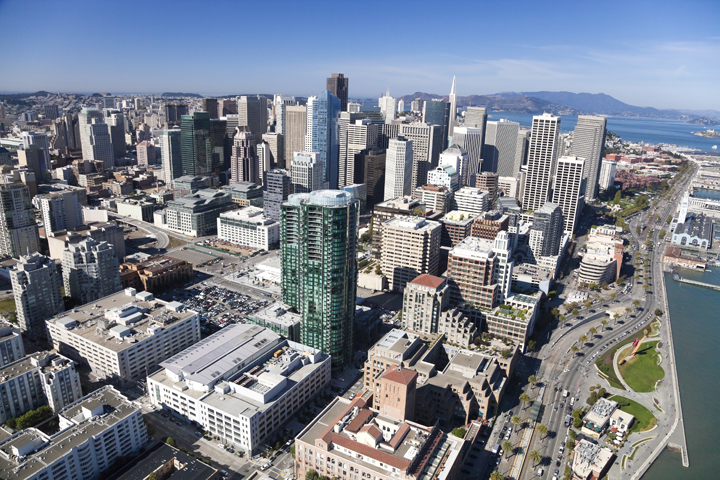San Francisco CRE News:
California’s site-wide ballot measures could have reaching effects on the Bay Area
California voters will be facing a bevy of propositions this November ranging from legalizing recreational marijuana use to affordable housing measures. The San Francisco Chronicle has reported on a list of state-wide ballot initiatives that could potentially affect the real estate market and values in the Bay Area. Specifically, rent control measures Q & R in San Mateo and Burlingame, respectively, “could have a dramatic effect on the (Bay) area’s economy” by placing further restrictions on Property Owner rights and creating an “unaccountable” commission that would cost taxpayers “millions annually.”

Another tower to join the San Francisco skyline
The Transbay Terminal project boasts new transit connectivity, public parks, new retail, but is now also becoming a hub for new office tower development. BisNow reported on October 18, 2016, that a new “806 foot tall tower at 546 Howard Street” will join the ranks of the planned tower at 181 Freemont Street and the “Salesforce Tower.” The new tower at 546 Howard Street is slated to have ground floor retail, a 250-room hotel, condos and office space. According to the article, 546 Howard will be the “second tallest residential tower in the city.”
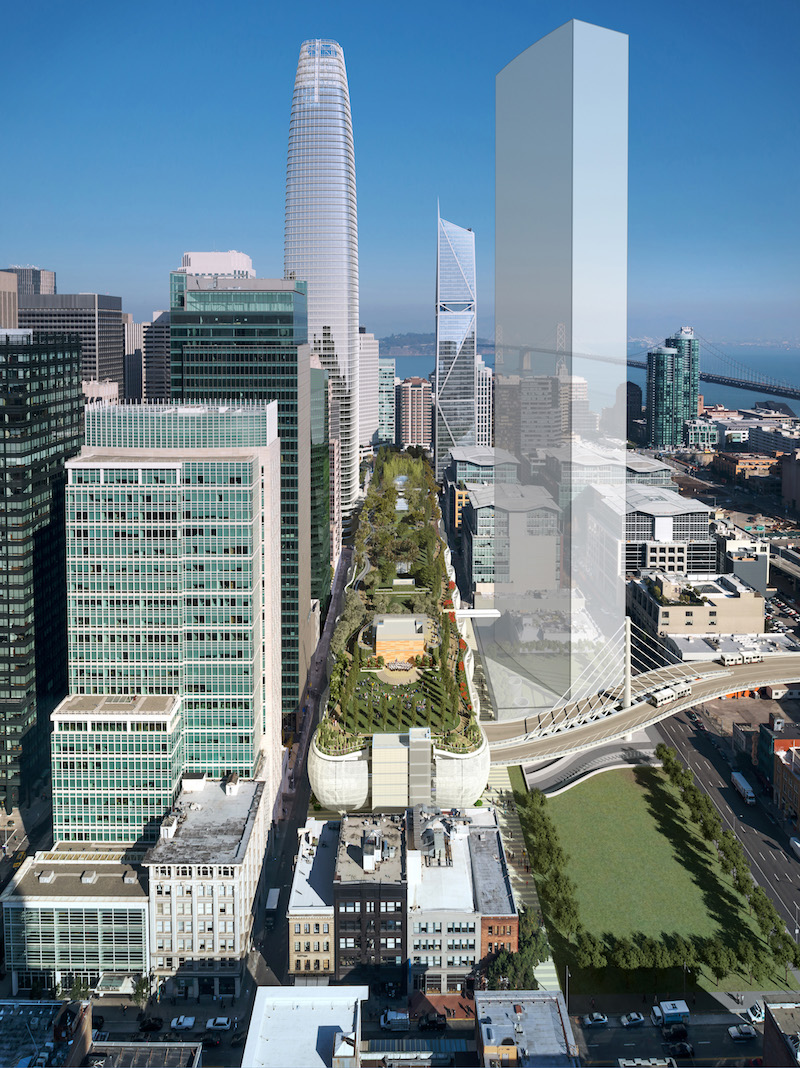
Transbay Terminal rendering showing the Howard Street site (transparent building) Registry
12,000 Jobs Coming to Silicon Valley
The Silicon Valley Business Journal, has reported the Beijing tech company LeEco, is slated to bring 12,000 jobs to the Bay Area. LeEco’s employees will operate from their “48-acre office complex in Santa Clara purchased from Yahoo earlier this year for $250 million.”
According to the tech firm’s website LeEco is “a leading global company born from the internet, (LeEco) seamlessly blends devices, content, applications and distribution in a first-of-it kind ecosystem.” LeEco believes in creating an “Eco Lifestyle” as referenced by its “vision to sell smartphones and TVS in the US bundled with easy subscriptions to its premium content.” LeEco was founded in 2004 by YT Jia.



